One might have expected the streets of Edinburgh, especially at festival time, to bear some evidence of the political struggle currently engulfing our nation, but in fact there was none at all. Apparently, the arguments for and against independence have to be traded on the doorstep and not in the street, which, to those visitors who anticipated fireworks, almost amounted to a vacuum. However, it meant that the streets could be made over to the customary bewildering number of stand-ups, advertisements, students handing out leaflets (they come at you these days on roller-skates, pirouetting as they approach), and thespians of every type. The most decorated stand-up of the moment is Timothy Vine, the first person ever to win the Dave TV one-liner competition twice (‘I’ve decided to sell my Hoover …well, it was just collecting dust’), the first time being in 2010.
The hubbub on the streets was reflected in the array of concerts and theatrical performances on offer. There are so many to list and promote that the PRs hardly know which theme, sub-theme or single event to print in bold next. I sometimes wish — and this applies to the Proms publicity as well — that these blurbs were written by the person who actually planned the festival. No assistant is going to know how the less obvious parts got there, which leaves the reader with a misleading selection of what the assistant has heard of and thinks the public will be interested in. This always dumbs down, and in Edinburgh it led to chaos on the pages of the press pack.
A case in point was Jonathan Mills’s carefully crafted series of choral concerts, which involved a number of leading groups from home and abroad, including the Hilliard Ensemble, Collegium Vocale Gent and Concerto Italiano. He told me that from the moment he started at Edinburgh eight years ago he wanted to establish a series in Greyfriars Kirk. This he has done. From tentative beginnings these events are now sold out to the extent that the church is too small for them. One of his main ideas this year was to marry the success of the series with the anniversary of the first world war by asking the various participating groups to sing settings of ‘L’homme armé’. There is no mention of it in the publicity material. The only reference to the Collegium is to its Bach in the Usher Hall, not its Lassus in Greyfriars. The material even failed to list the Sixteen’s performance of Poulenc’s Figure Humaine (in the Usher Hall), which required 36 singers and three days of rehearsal. There is nothing more difficult in the choral repertory (not even Strauss’s Deutsche Motette) — to hear it in concert is a treat that comes round only once a decade.
Mills will give way next year to Fergus Linehan, who has already made it clear he will not be having themes in his festivals. He believes, as I do, that groups tend to give their best performances of repertoire they are currently working on. Whether this will make the press releases less superficial remains to be seen. I used to think the Proms under Nick Kenyon had so many subjects and countersubjects that reading the brochure was like grappling with a giant fugue. Maybe a fantasia will prove more user-friendly.
One casualty of all this activity has been the reporting of it. It is now practically impossible for any daily newspaper to review every concert in the Edinburgh Festival and the Proms independently. The worst of it is at the weekend when the Proms may have two shows on Friday, two on Saturday and one on Sunday, with Edinburgh’s contribution not far behind. In an ideal world all these would have to be printed in the issue of the following Monday. No wonder the most conscientious of the newspapers resort to round-ups, which many readers think inadequate. The reviewers duly rush between the two cities, only to be complained at.
What makes an appropriate encore is an interesting question. My own Prom (on the anniversary of the outbreak of the first world war) was not going to have one at all until the BBC decided to extend the broadcast slot and feature Sam West reading poetry by Wilfred Owen, a performance of Tavener’s The Lamb, and lights out. At the end of most concerts I feel like making my exit speedily, content that the business part of the evening has run its course. However, I’m glad I didn’t do that at the Prom given by the Budapest Festival Orchestra under Iván Fischer, who, for its encore, downed instruments and sang a Brahms part-song most beautifully. I wonder what would transpire if choral groups were suddenly to form an orchestra. Perhaps better not to go there.
Got something to add? Join the discussion and comment below.
Get 10 issues for just $10
Subscribe to The Spectator Australia today for the next 10 magazine issues, plus full online access, for just $10.

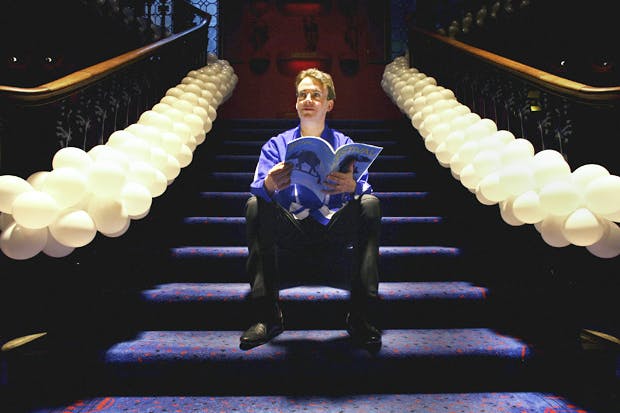
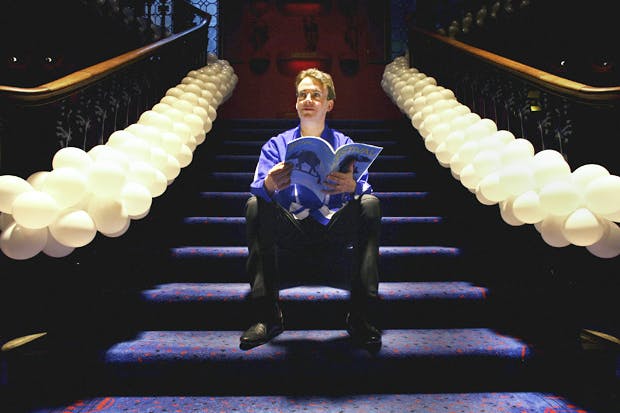
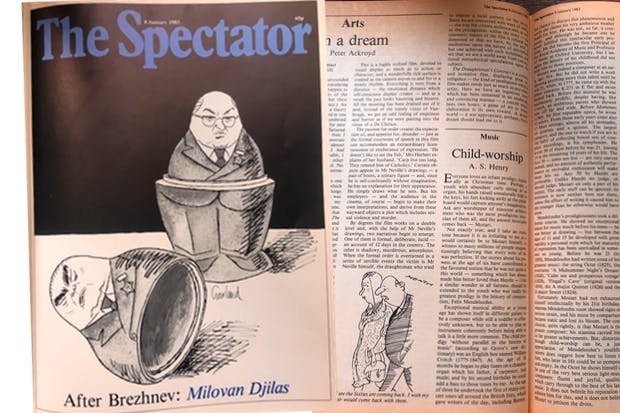
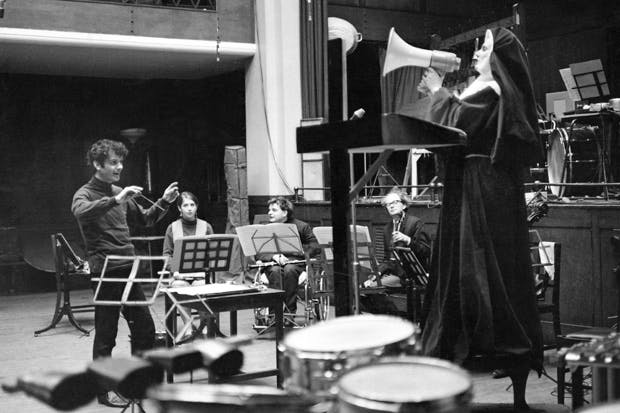
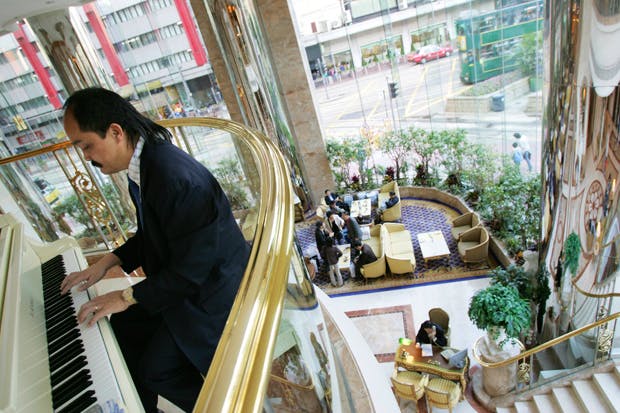






Comments
Don't miss out
Join the conversation with other Spectator Australia readers. Subscribe to leave a comment.
SUBSCRIBEAlready a subscriber? Log in